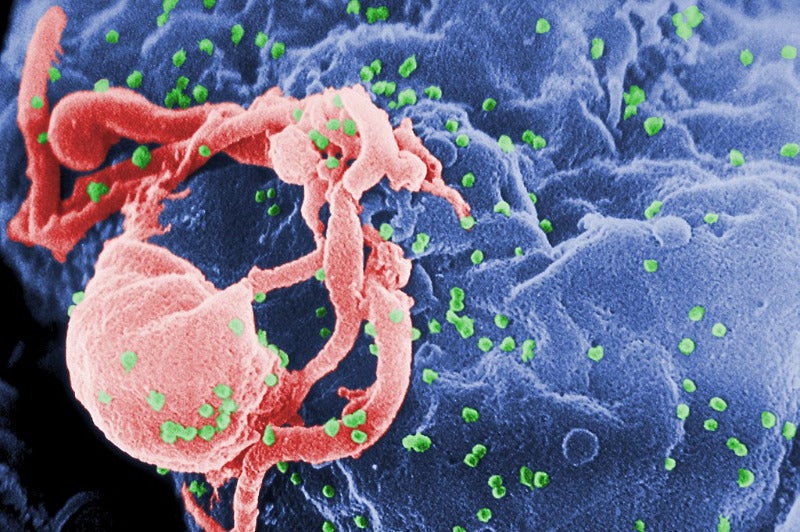
Merck has reported positive findings from a Phase I clinical trial conducted in healthy volunteers to study extended administration of its HIV drug islatravir using a sub-dermal drug-eluting implant.
Islatravir is an investigational nucleoside reverse transcriptase translocation inhibitor (NRTTI) intended for combination with other antiretrovirals to treat HIV-1 infection.

Discover B2B Marketing That Performs
Combine business intelligence and editorial excellence to reach engaged professionals across 36 leading media platforms.
Various formulations of the drug are also being developed as a monotherapy for potential pre-exposure prophylaxis (PrEP) of HIV-1 infection.
Merck Research Laboratories chief medical officer and global clinical development senior vice-president and head Dr Roy Baynes said: “At Merck, we recognise multiple options are needed to address the needs of individuals at risk of HIV-1, and we are committed to investigating those options.
“Through the application of our established expertise in drug delivery, we are seeking to capture the potential of islatravir for HIV-1 PrEP.”
The Phase I trial was designed to assess the safety and pharmacokinetics of a polymer drug-eluting implant that delivered Merck’s therapeutic in healthy adult participants.

US Tariffs are shifting - will you react or anticipate?
Don’t let policy changes catch you off guard. Stay proactive with real-time data and expert analysis.
By GlobalDataSubjects received a sub-dermal implant in the upper arm of their non-dominant hand. They were given 62mg or 54mg dose of islatravir or placebo.
The implant was removed after 12 weeks and volunteers were monitored for an additional four weeks.
Findings showed that both doses of the therapeutic were above calculated pharmacokinetic thresholds at 12 weeks.
Further modelling revealed that the implant with 62mg islatravir led to levels that were well above the threshold at 12 months. This is believed to indicate the potential for once-yearly PrEP.
Merck added that the data suggests intracellular concentrations can be managed by adjusting the drug load in the implant.
No participants discontinued the study due to adverse events (AE) and did not report any severe implant-related AEs. All subjects experienced at least one AE and all drug-related AEs were observed to be mild or moderately severe.
In addition, pooled analysis of vital signs, ECG parameters, and safety laboratory studies revealed no clinically significant differences between the investigational drug and placebo groups.



